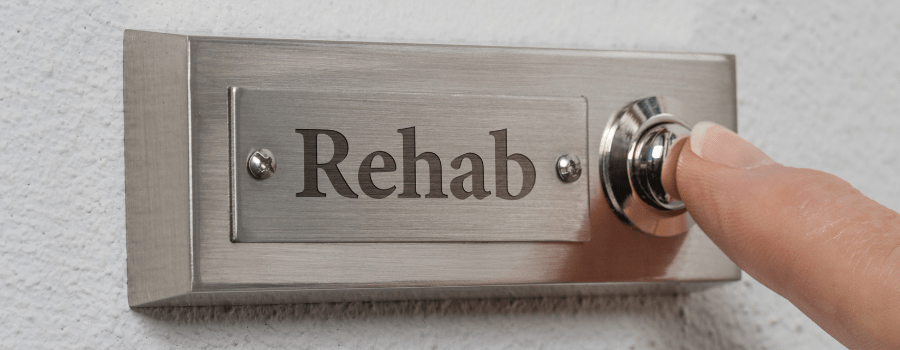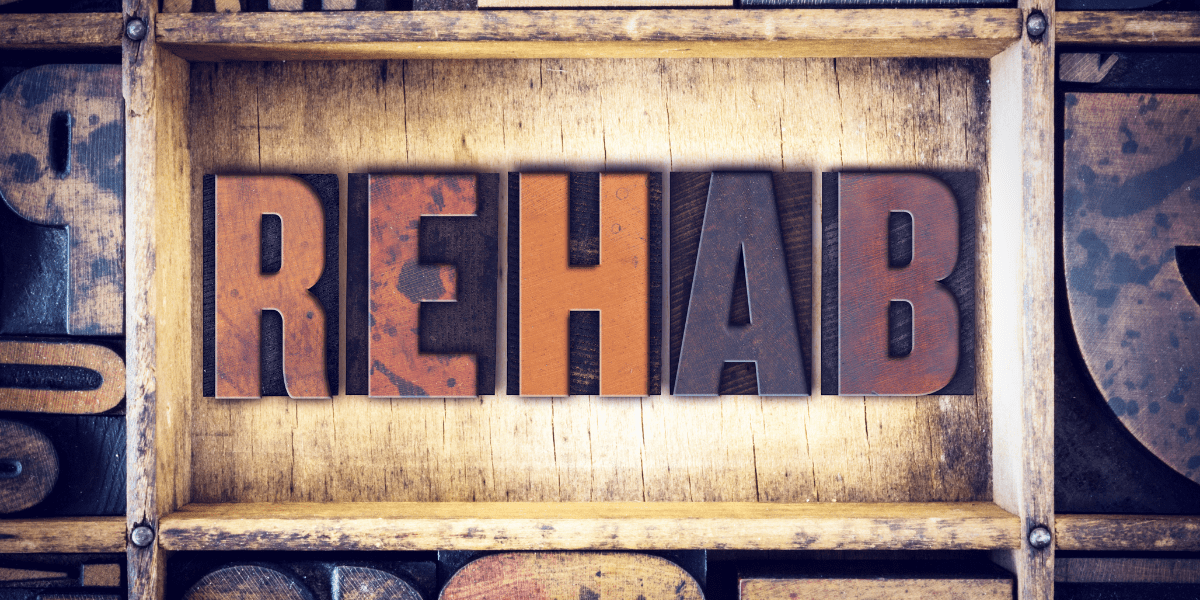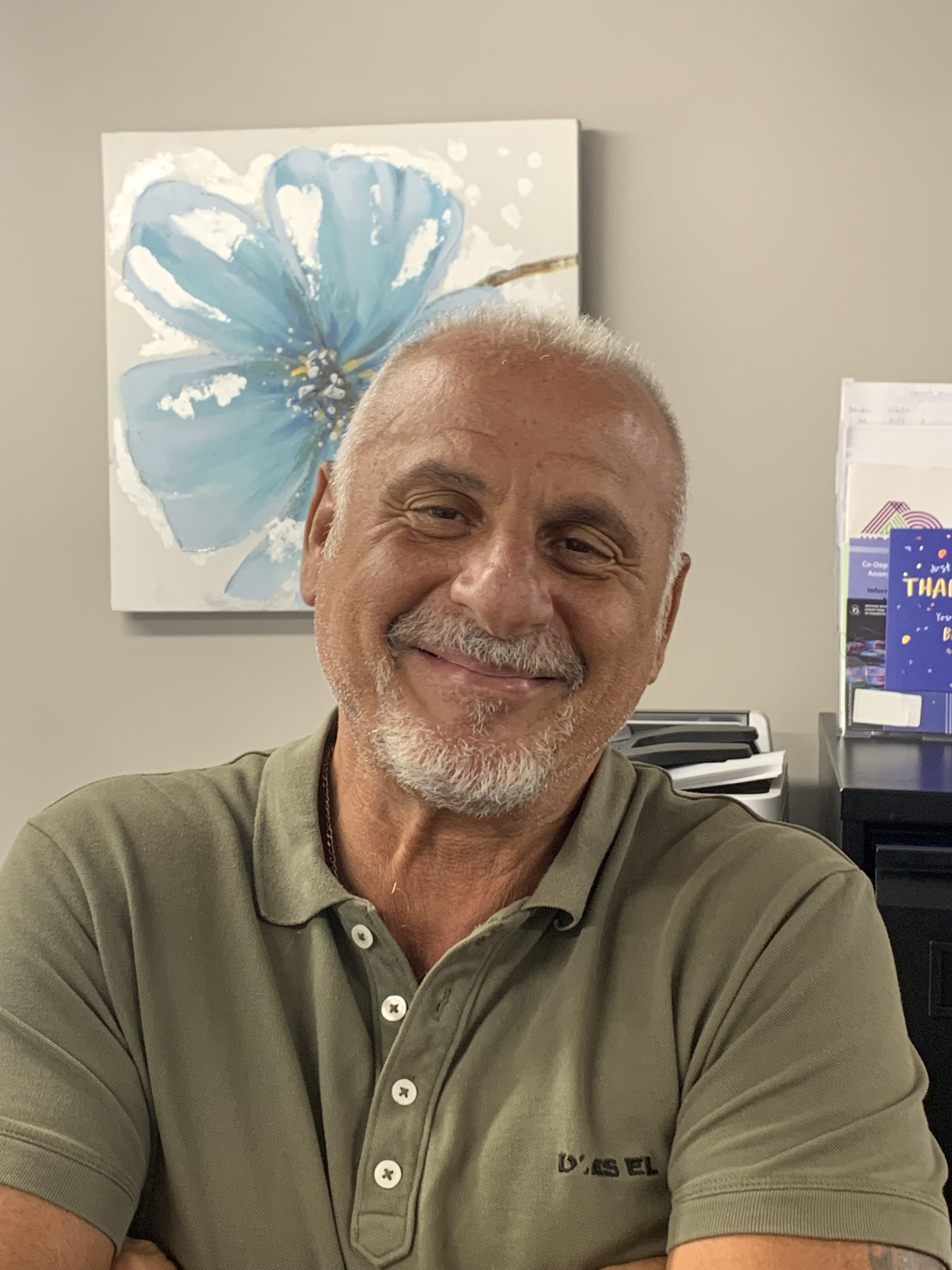To most people, their only experience with rehab is what they’ve seen in movies and the sad reality is that in cinema, private rehab facilities rarely seem to work. There’s something about Hollywood where they like to depict drug addicts as hopeless losers and the truth is, it’s not as hopeless as you might imagine – nor is there anything to be ashamed of.
So, the question is: does drug rehab really work, or is it just a waste of money reserved for the children of artists and wealthy bankers in California? Read on to find out the truth about rehab treatment centres.

How effective is drug rehab?
How effective is drug rehab? That’s a difficult question to answer because the results vary significantly depending on a wide variety of factors. The main one being: how committed to change the individual is.
If you or someone you love is struggling with drug or alcohol addiction, unless you are entirely ready to free yourself of addiction and kick the habit once and for all, drug rehab treatment won’t be completely effective – no matter how good the rehab treatment providers are.
We’ve all heard the saying: “You can’t help someone who doesn’t want to be helped.” Well, when it comes to addiction, there is a great deal of truth to that statement.
That being said, it’s not uncommon for a patient to enter a drug rehab facility with their doubts. Just because you may be entering a rehab facility with partial commitment to sobriety, it doesn’t mean that you won’t change your attitude along the way.
Don’t concern yourself with rehab success rates when there are too many variables. The fact is, drug rehab does work and many of the employees at Rehab Today stand testament to that as they are in recovery themselves.
Ultimately, if you desperately want to be free of your addiction, with the proper care and support from a quality rehab centre, you can and will succeed.
Does drug rehab work for everyone?
Again, it really depends on the individual. If someone is being forced into drug rehab by friends and family, but aren’t fully committed, then their chance at success is considerably low.
That’s not to say that certain individuals are beyond saving, because we believe that everyone can experience success with rehab under the right circumstances. The trouble is there are too many environmental factors that can impede personal growth. It’s all about timing.
What’s the most effective treatment for drug abuse?
Addiction is a highly complicated but treatable disease that affects the brain, its function, and its behaviour. Drug abuse alters the way that the brain is structured which results in changes that can persist long after the drug use has been put to bed. This is why drug abusers can sometimes be at risk of relapse, even after a long period of sobriety – hence the need for quality aftercare and commitment.
As for the most effective treatment for drug use, there is no single therapy or treatment that works for everyone. The success rates of treatment varies depending on the type of drug being abused, the characteristics of the patient, and their commitment to abstinence.
This is why matching treatment settings, interventions, and the drug rehab services to an individual’s unique circumstances is paramount to their success in being able to return home and becoming a productive and functioning member in the family, workplace, and society once more.
The most effective addiction treatment will tend to more than just the individual’s drug abuse. In fact, the very best rehab treatment providers will delve deeper and look for the root cause of the addiction. What environmental factors play a role? Are there any underlying mental health issues that may have contributed to the individual’s drug abuse in the first place?
In order for a treatment to be effective, it needs to account for a wide variety of different factors and build from there.
Behavioural therapies are among the most commonly used forms of drug abuse treatment. This includes individual, family, and group counselling. Behavioural therapies vary significantly in their focus and might involve the patient’s motivation to kick the habit, providing incentives for them to remain abstinent and rewarding activities. Things like improving problem-solving abilities and facilitating healthier interpersonal relationships are also highly effective methods.
What is the percentage of people who stay sober after rehab?
The trouble with such statistics is that they vary significantly and do not apply to the individual. There have been countless surveys carried out across the UK and the rest of the world demonstrating that people can remain sober after completing drug rehab with success rates varying anywhere from 20% to 80%.
There are too many variables to provide you with an accurate estimation, so, rather than focus on the percentages, let’s talk about what you should look for in a rehab facility for the best chance at individual success:
Five critical elements for success at a rehab facility
- The right environment: Rehab facilities that provide residential treatment in an environment that is free of the distractions of your typical day to day life tend to be more successful. This is because when addicts are isolated from the outside world they have the time to concentrate all of their energy into getting to the root of their addiction and kicking it for good. As well-intentioned as community-based services are, they do not provide these opportunities.
- Ownership: When a rehab facility encourages the patient to take ownership of their own circumstances, the individual has a higher chance at success. When there is no one else to lay blame on, and when the patient has a deeper understanding of what led them to where they are, they are forced to come to terms with the fact that they alone are responsible for altering their addictive behaviour and fuelling their recovery.
- Bespoke treatments: Private rehab facilities that work from a bespoke treatment model as opposed to a one-size-cures-all approach have greater success rates. When the treatment plan can be customised to fit the individual patient and their unique circumstances, the clinic staff can provide maximum benefits.
- Higher levels of support: residential (inpatient treatment) facilities provide individuals with a higher level of group support that tends not to be available through community-based services. This is because every patient taking part in group therapy will be in one another’s presence 24-hours a day. That might sound stifling, however, when you are surrounded by people who understand exactly what you are going through, it helps to alleviate feelings of alienation and instead encourages a greater focus on mutual growth.
- Superior aftercare: Statistics demonstrate that quality aftercare is a critical component in achieving long-term abstinence from drugs. Any addicts who are in recovery and do not receive appropriate aftercare are 10 x more likely to experience a relapse within a year. As such, rehab facilities that offer quality after care experience greater success rates. [Source]

How addiction treatment success rates are measured
There is no single standard definition of rehab, which means that there is no single standardised way to measure the overall success rates of an addiction centre. Some rehab facilities will base their success rates on different factors, including: how many individuals complete the programme, and what percentage of individuals remain sober immediately after completing their treatment.
The trouble with this line of measurement is that it doesn’t take into account those who didn’t complete the programme though managed to achieve abstinence, and those who completed the treatment, remained sober immediately after, but relapsed within the first year.
Is relapse a failure?
Absolutely not. Certainly, relapse doesn’t look or feel like success, but it isn’t the end of the line. It’s not uncommon for patients to relapse several times on their road to success.
Whether a patient has medication assisted treatment or therapy based support, individual treatment outcomes vary. The trick is to not give up!
Are relapses common?
Relapse isn’t uncommon. In fact, 40% to 60% of those in recovery from drug addiction treatment will experience a relapse. This doesn’t mean that they are beyond saving or that the treatment itself hasn’t been successful. For many people, it’s simply part of their process.
Not everyone is entirely ready to give up, but pursue drug or alcohol rehab because they feel pressure from friends or family. Over time however, the majority of people who take part in drug addiction treatment will change their attitude and want a sober life thus increasing their chance at greater rehab success rates.
How many times does the average person relapse?
Out of every 10 people seeking addiction treatment, 4 to 6 of them are likely to experience a relapse at some point throughout their journey.
The important thing is to focus on yourself, rather than other people. Drug addiction treatment is a very personal experience and can only be fairly measured by your own individual definition of success.
What can improve the success rate of addiction recovery?
If you want the best possible change at success with your drug addiction recovery, you must bear in mind that it depends on the following factors:
- Your readiness to change.
- Belief in your ability to overcome challenges and succeed.
- The nature of your treatment plans (private residential rehab success rates are higher).
- Your mental health and the quality counselling you receive.
- The level of support you receive (individual therapy, group therapy, family therapy, etc.).
- The quality of aftercare provided by your drug addiction treatment centre.








